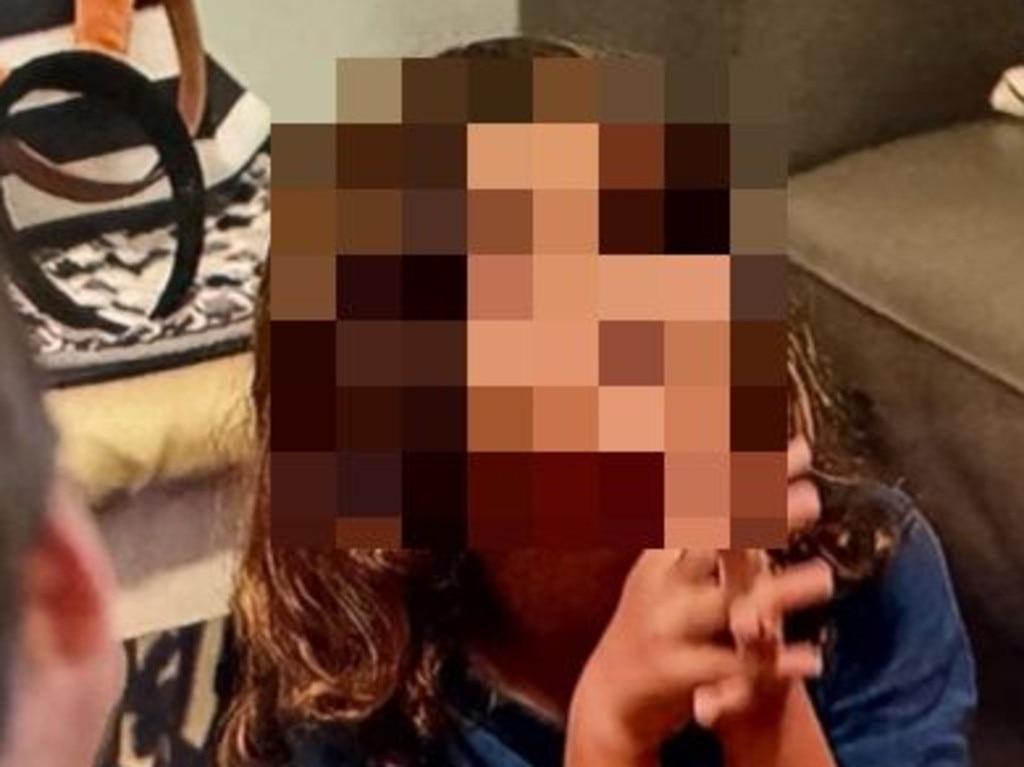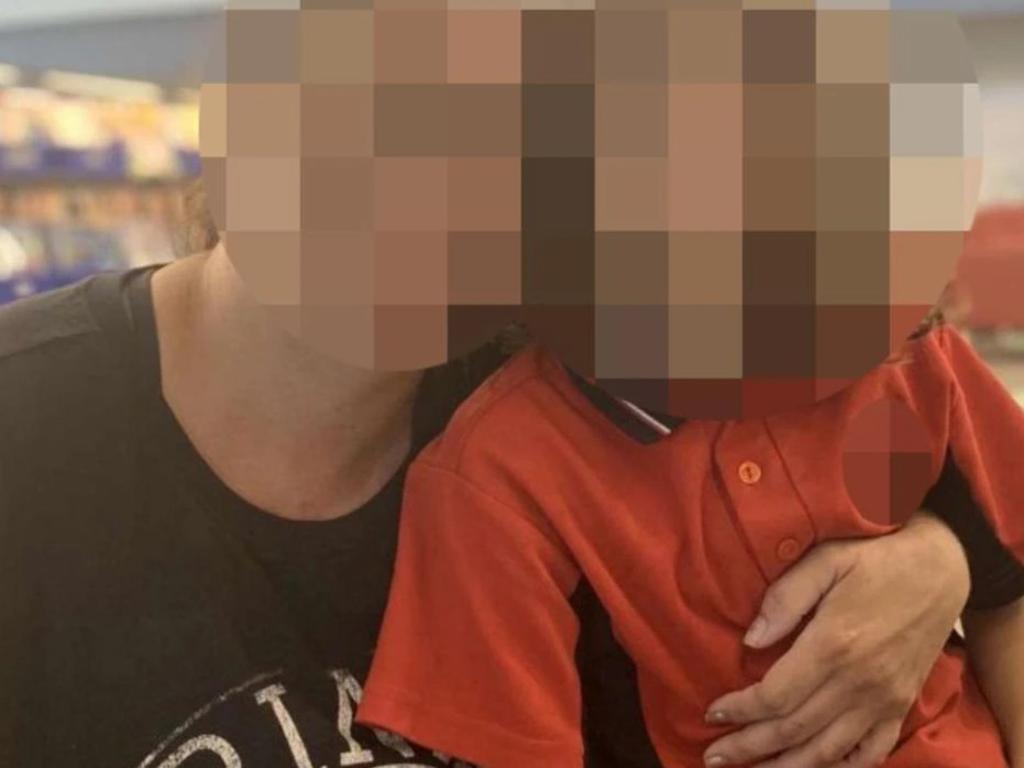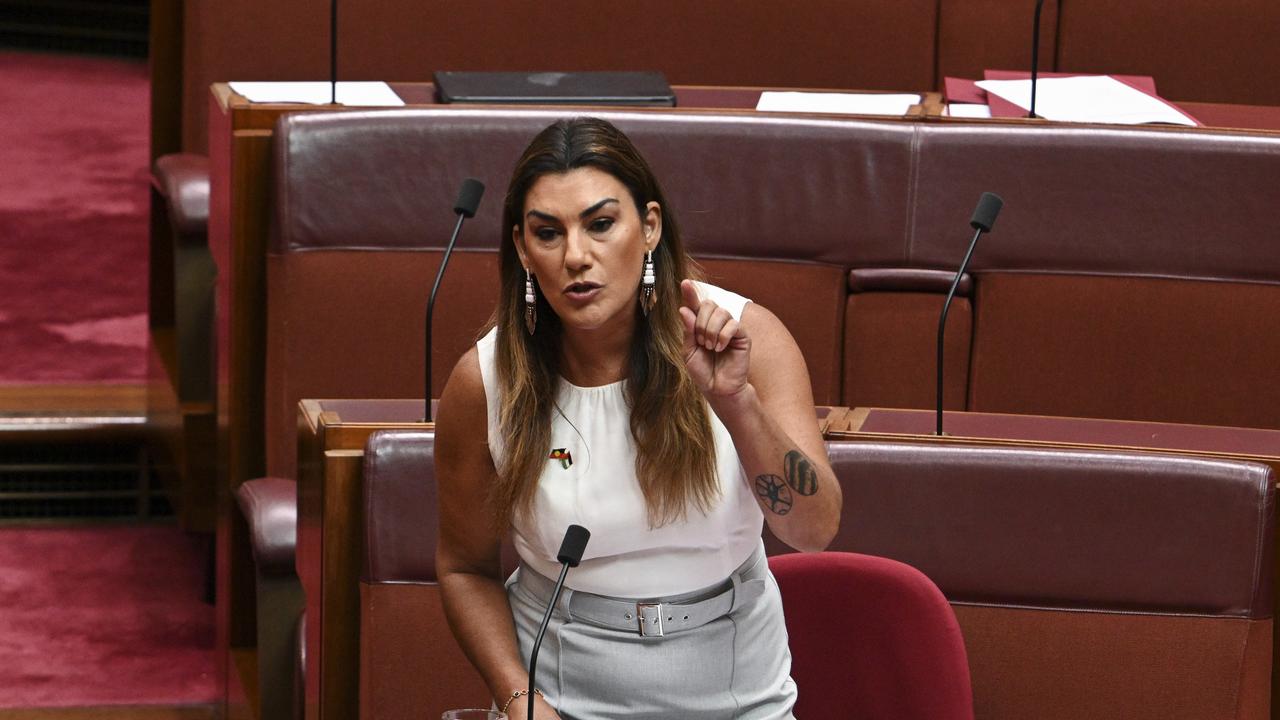Ten-year-old Indigenous boy takes own life in state care, suicide prevention body says
A 10-year-old Indigenous boy has taken his own life while living in state care after being removed from his parents in 2020.
A 10-year-old Indigenous boy has taken his own life while living in state care after being removed from his parents by the Western Australian government, a suicide prevention body says.
The boy died in Perth on Friday, according to the National Suicide Prevention Trauma Recovery Project (NSPTRP), which spoke to the media with the permission of the family.
It would be one of the youngest known suicides in Australia and the youngest ever in Noongar country in the state’s southwest, said NSPTRP director Megan Krakouer, who described it as a “catastrophic failure” by the government.
“There is much tragedy and devastation with the family,” Ms Krakouer told news.com.au.
“He was a little bubbly bright boy, so much energy, loved by his family, and his family tried so hard for their reunification but they were failed.”
The boy, who cannot be identified under the law, is one of six children.
The four youngest children, the 10-year-old and his three siblings now aged four, 14 and 16, were removed and placed in foster care in 2020 after the WA Department of Communities came to believe the parents were struggling with substance abuse issues.
They did not all go to the same foster carer.
The 10-year-old had been in two separate foster placements with relatives in recent years.

His two eldest siblings have never been in state care and are now “working strongly, solid people”.
“Four days before Christmas 2020, the four children were removed from mum and dad due to homelessness — it is a poverty narrative,” Ms Krakouer said.
“The mother and father, through their challenges, through their adversities in life they have remained strong. They’ve been together for 26 years, they are loving, they are kind.”
The parents were told six months ago that they could have unsupervised visits and the children could have overnight stays but “two weeks later that went downhill and never happened”.
“The day before yesterday, the mother and father saw two of their children — the first one, the four-year-old, unsupervised,” she said.
“That afternoon they went to the mortuary. That was the first time they’d seen their little boy in over six months. For this to occur, it stains our state, stains our nation. It is a failure of the WA government.”
It comes as the suicide rate for Aboriginal and Torres Strait Islander people, particularly among younger age groups, continues to cause deep concern.
Senator Lidia Thorpe slammed the federal government over the boy’s death, calling it a “national shame”.
“They should be deeply ashamed of the news of this young boy’s death,” she said.
“Under Labor, government departments are taking babies just moments after birth, before mothers even get the chance to hold them or see their faces. It’s atrocious cruelty.”

Senator Thorpe called for federal leadership on the issue, saying a report looking into inequalities suffered by First Nations people - the Closing the Gap annual report - is sat on federal Indigenous Affairs Minister Linda Burmey’s desk.
“Today kids learn about the stolen generation in school, but what they’re not taught is that these policies never ended. The removal of First Nations children is an ongoing genocidal project being perpetrated through government policy every day,” she said.
“I send my love and strength to this young boy’s family and community. I’m fighting with you for justice.”
In 2016, a 10-year-old Indigenous girl took her own life in the WA town of Looma while in foster care.
Between 2012 and 2017, three Indigenous children aged nine took their own lives in regional areas, according to The Australian.

“In terms of First Nations people taking their own lives, it’s gone from one in 23 to one in 16, it’s now the leading cause of death for our people aged under 44,” Ms Krakouer said.
She argued what was “needed across the country and in this situation with little fella, rest in peace, are advocates who aren’t aligned with the department” but were “immersed” in the culture and could be an independent voice for the families.
“A person should not be judged because of their circumstances,” she said.
“We’re an affluent country. When (Prime Minister Kevin) Rudd gave the Apology in 2008 there were 8000 black kids in care — today we have 24,000 black kids in care. As a country we’re one of the worst in the world in relation to child removals.”
Ms Krakouer said she was “not blind to the fact that in some instances children need to be removed” but more could have been done in this case.
“These ones tried so hard,” she said.
Asked what the department should have done differently, Ms Krakouer said more should have been done to facilitate visits.
Neither parent has a car or a driver’s licence.
“They wanted them to travel over 30km to Joondalup,” she said.
“Twenty-six case workers in four years. That is unconscionable. What could have done better is ensure there was correct support, 24/7 intense psychosocial support and outreach to the homes. The department got into a position where they were too judgmental.”
The boy had “not to my knowledge” shown any previous indications of self-harm “and the family were really quite alarmed and surprised when [we came to break the news] on Saturday morning”.
“They just held us and cried,” she said.
“They said, ‘We’ve been trying to get help, we don’t have any lawyers to help us.’”
Ms Krakouer said it was clear the Closing the Gap targets were “not closing” on suicide.
“What needs to happen going forward is a register of self-harms, suicides, attempted suicides needs to be recorded in real time, for the public to be able to access,” she said.
“At the moment we can’t even report his name because of the laws. They need to let the family speak, let the children speak. This is a systemic failure. How can people in decision-making understand the process when families and children are not given a right to speak?”
She added, “This is a catastrophic failure and we will see more deaths as a result of interventions of child protection.”
The WA Department of Communities said in a statement that it “acts in accordance with the Children and Community Services Act 2004”.
“In keeping with its legal and ethical obligations, Communities does not comment on individual cases, particularly where there is potential or evident risk of identifying one or more children in care,” a spokesman said.
“The safety and wellbeing of children is always Communities’ highest priority. The death of any child or young person is a tragedy, which has a devastating impact on the families, friends and communities involved. Any death of a child in care automatically triggers a Coronial Inquest and we support all matters of this nature being investigated.”






